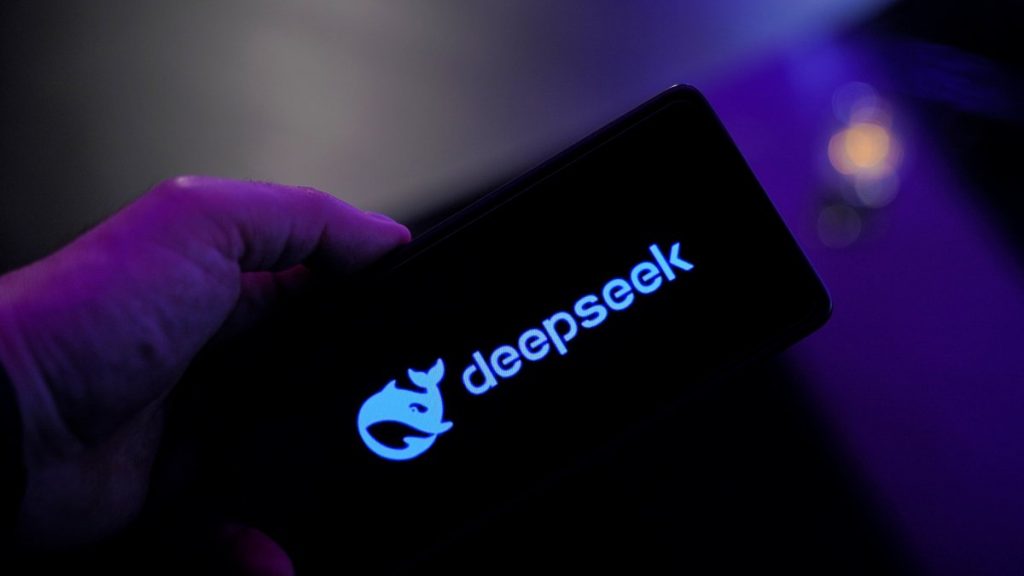Training the R1 reasoning model developed by Chinese AI company Deepseek cost just $294,000 and was carried out on 512 Nvidia H800 chips. These costs, which are once again significantly lower than previous estimates, are detailed in an independently reviewed research article on the creation of AI technology, which has now been published in the journal Nature. This is likely to reignite the debate about the immense costs of AI training among US competitors. When Deepseek released R1 and another AI model earlier this year, its competitiveness caused crisis meetings among competitors and a crash in Nvidia’s share price.
Long a role model for the competition
An initial technical article on the training of Deepseek-R1 in January did not yet include figures on the costs and hardware used. The company has now submitted these as part of a peer review conducted by Nature. The research magazine is now encouraging other AI companies to have their AI systems and development independently reviewed in the same way. The recently published article on Deepseek-R1 highlights how the Chinese company introduced automated trial and error. This rewarded the technology when it determined correct answers. According to Nature, Deepseek’s innovation has inspired all other AI companies.
Deepseek’s models caused a slide in the share prices of all AI companies in January because they were much cheaper and much more efficient than the competition. This raised doubts whether the infrastructure, which in some cases costs hundreds of billions of US dollars and is currently being built mainly by US companies, is even necessary for the AI industry. The excitement has long since subsided and share prices continue to rise. According to Nature, Deepseek has now also announced that the AI technology underlying R1 cost a total of $6 million. Even combined, the expenditure for the AI model, which was competitive at the time, is thus far below that of OpenAI & Co.
(mho)
Don’t miss any news – follow us on
Facebook,
LinkedIn or
Mastodon.
This article was originally published in
German.
It was translated with technical assistance and editorially reviewed before publication.
Dieser Link ist leider nicht mehr gültig.
Links zu verschenkten Artikeln werden ungültig,
wenn diese älter als 7 Tage sind oder zu oft aufgerufen wurden.
Sie benötigen ein heise+ Paket, um diesen Artikel zu lesen. Jetzt eine Woche unverbindlich testen – ohne Verpflichtung!

